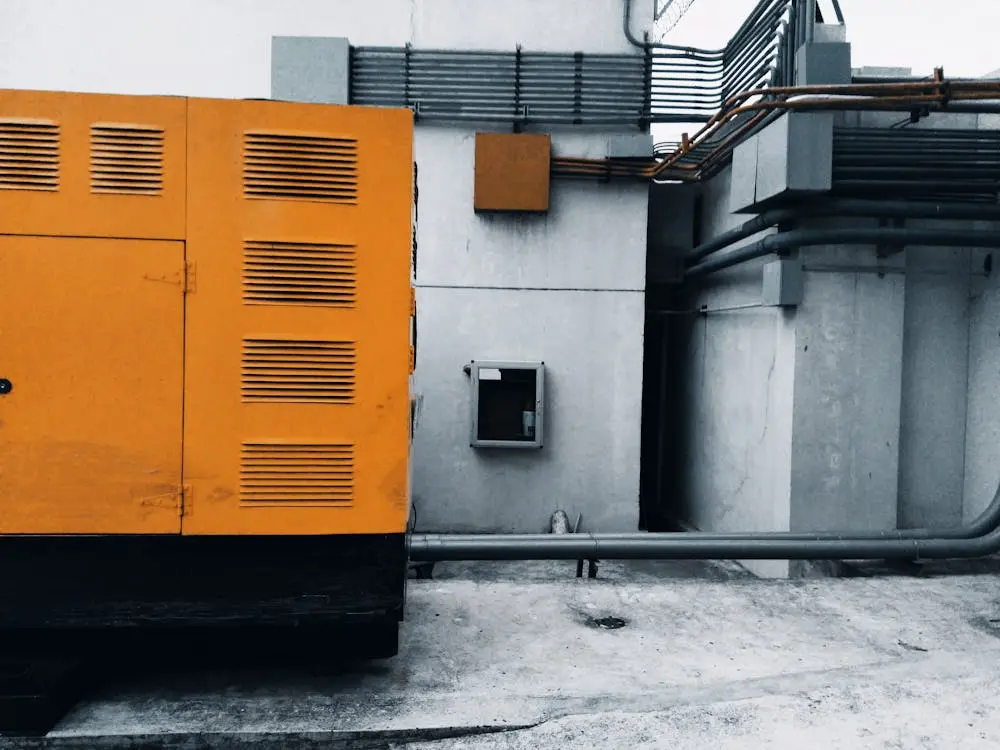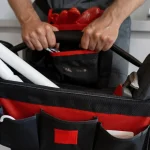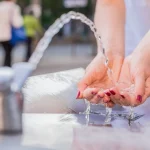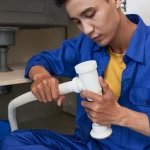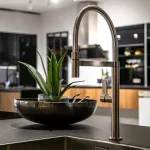Introduction
Behind the walls of every home lies a vital, yet often overlooked, system of pipes. These pipes are the unsung heroes, ensuring that water flows in and out efficiently, keeping our homes clean and comfortable. Let’s delve into the world of residential plumbing, demystifying its components, maintenance needs, and the importance of understanding this invisible network.
The Foundation: Your Home’s Plumbing System
- Essential Components: According to Mike Holmes, your home’s plumbing comprises a complex network of pipes responsible for delivering fresh water and removing wastewater. Understanding this system empowers homeowners to identify issues early and avoid costly repairs (source: HGTV).
- Preventative Maintenance: Sarah Beeny compares maintaining your home’s plumbing to caring for a car. Regular inspections and maintenance can detect potential problems before they escalate, such as leaks or burst pipes (source: YouTube).
- Materials Matter: This Old House emphasizes the impact of pipe materials on system durability and vulnerability to leaks. Knowing whether your home uses copper, PVC, or PEX pipes can help anticipate maintenance needs and potential issues (source: This Old House).
Insights and Practical Tips
Understanding your plumbing system goes beyond knowing where pipes are located. It involves grasping concepts like water pressure, pipe materials, and maintenance practices that can extend the system’s lifespan and prevent emergencies.
Expert Advice and Best Practices
- Water Pressure Insights: Monica Moody stresses the importance of ideal water pressure for efficient operation of appliances and fixtures. Understanding the recommended pressure range and signs of low pressure can help troubleshoot issues early (source: Shades of Blue Interiors).
- Responsible Usage: Scott McGillivray advises against using harsh chemicals or dumping grease down drains, as these can damage pipes and lead to clogs. Respect for your plumbing system extends its lifespan and reduces maintenance costs (source: Scott McGillivray).
- Emergency Preparedness: The Spruce emphasizes knowing the locations of your main shut-off valve and fixture shut-offs. This knowledge is crucial during emergencies like burst pipes, enabling quick action to prevent water damage (source: The Spruce).
Expert Research and Studies
- Understanding Residential Plumbing Systems: The American Society of Plumbing Engineers provides a comprehensive guide detailing the components and maintenance tips for residential plumbing systems (source: ASPE).
- Impact of Water Chemistry: Research highlights how water chemistry affects pipe materials, influencing corrosion rates and lifespan. Factors like pH and mineral content can significantly impact plumbing durability (source: ScienceDirect).
- Benefits of Preventative Maintenance: Studies underscore the economic benefits of proactive plumbing maintenance. Early leak detection and maintenance reduce the risk of costly repairs and water damage (source: ScienceDirect).
Conclusion
Your home’s plumbing system is more than just pipes—it’s a vital infrastructure that requires understanding and care. By familiarizing yourself with its components, practicing preventative maintenance, and heeding expert advice, you can ensure your plumbing system operates smoothly for years to come.

